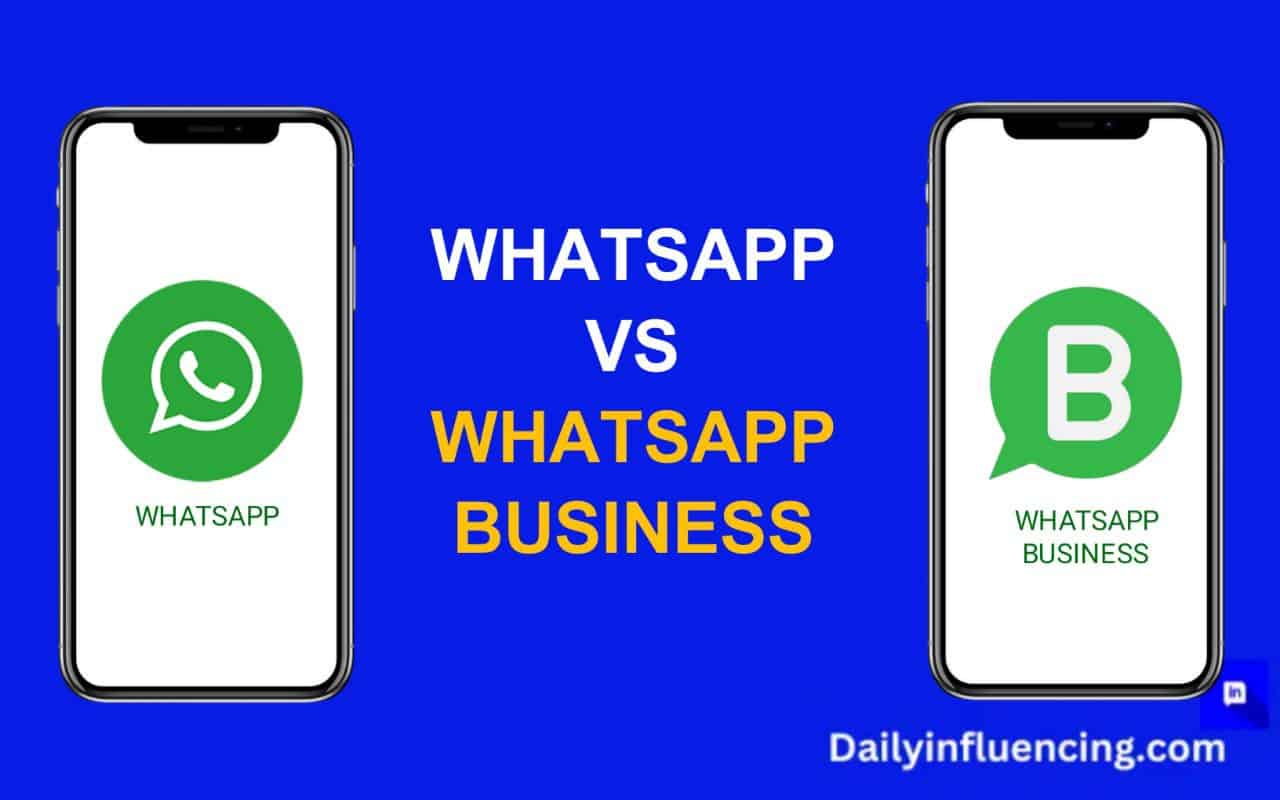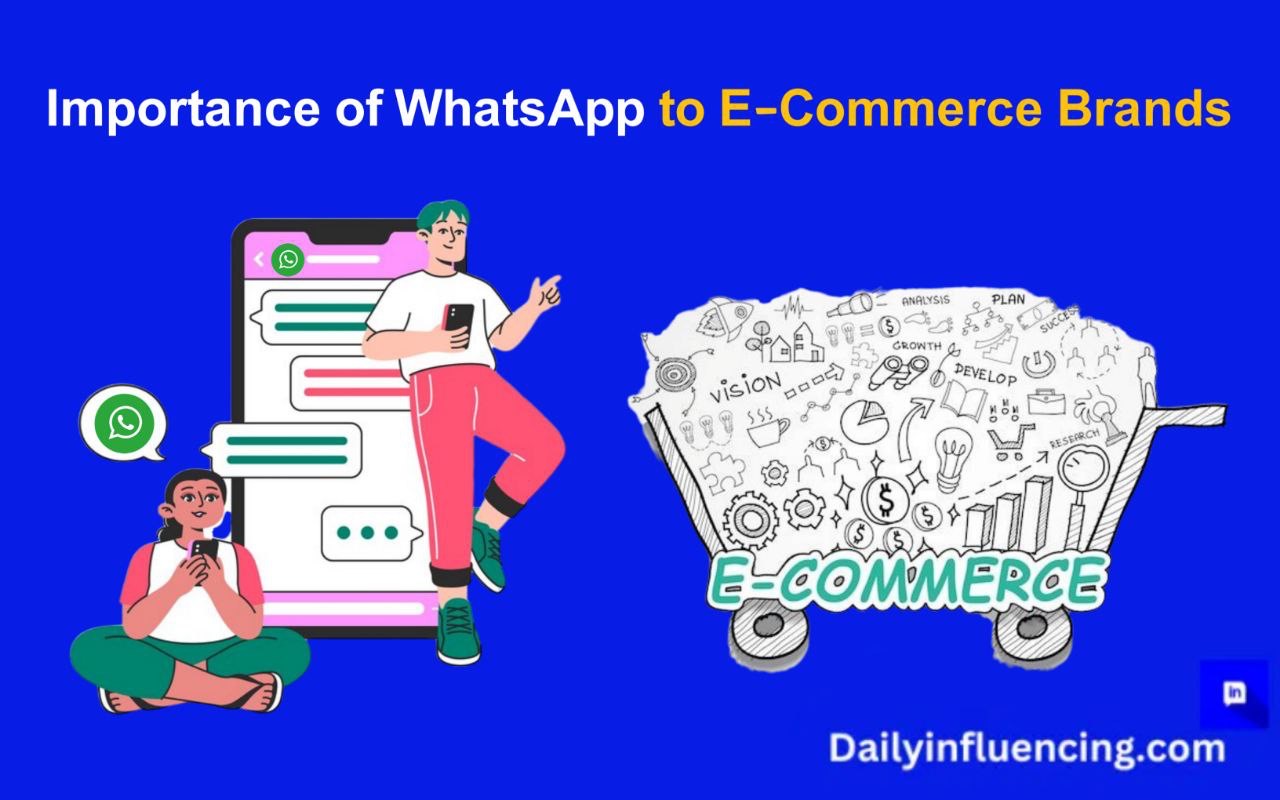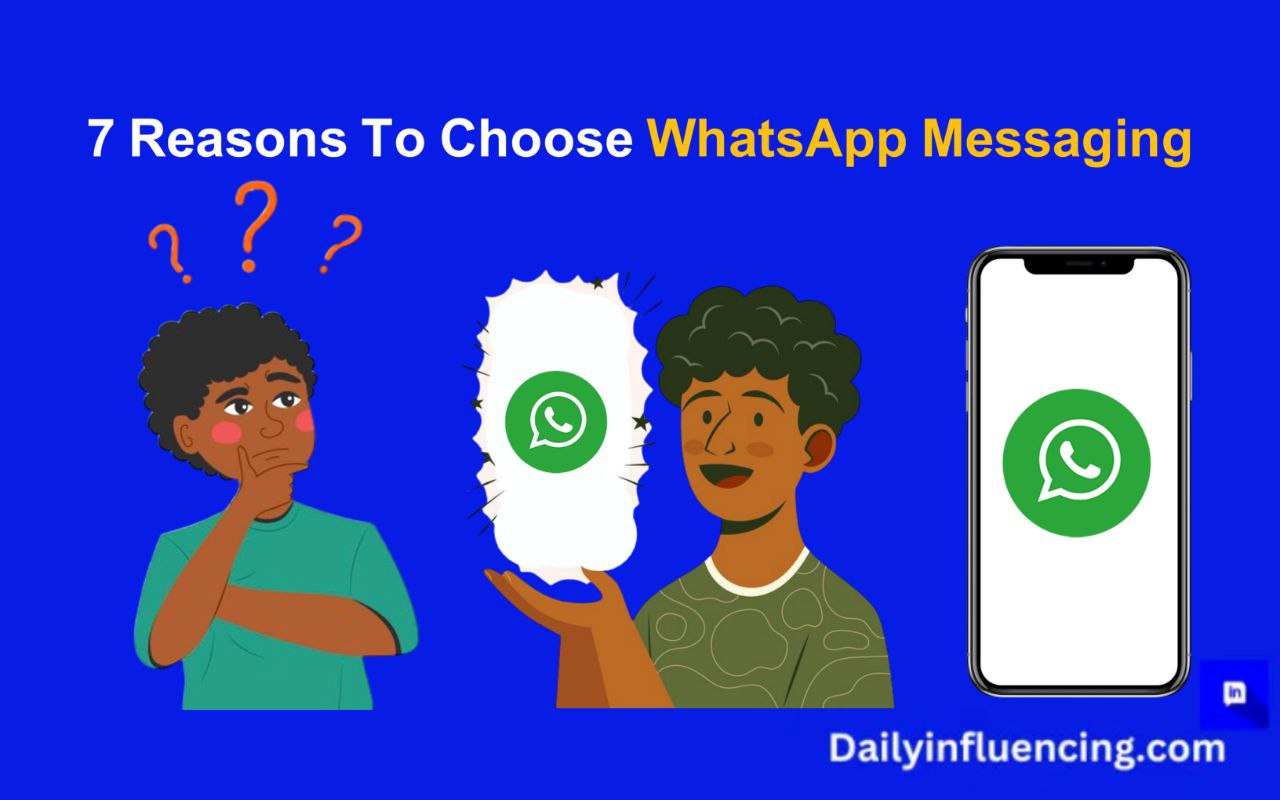
WhatsApp and WhatsApp business—there’s been a lot of confusion regarding these two platforms. At the beginning, some people thought the latter was like GB WhatsApp.
Along the line, it became clear that it wasn’t. Then people started downloading the app both for personal use and for their business.
Although, having the normal app is great for personal use, there is need for every entrepreneur to switch from the normal platform we all know to the one created for businesses.
This is mostly due to the competitive nature of the digital space now and how important it is for you as a business owner in Nigeria to acquire and retain your clients.
Therefore, this blog post will examine the differences between WhatsApp and WhatsApp business and the functionalities embedded in the latter that makes it the perfect choice for small businesses.
What is WhatsApp
Whatapp is a messaging app launched in 2009. This platform which now houses over 2.7 billion users has been a major source of communication channel for individuals.
This platform ranks as one of the first five apps that teenagers download once they get a new phone. This is due to the fact that you can add up someone just by having their phone number.
However, a secondary version of this platform was created. Not for teenagers who want to communicate with school friends, but for business owners who need a form of easy communication channel with their customers—this secondary app is known as WhatsApp business.
What is WhatsApp business?
WhatsApp Business is a secondary version of WhatsApp that was launched in 2018. This platform was particularly created for small and medium-sized business owners.
A platform created with lots of features that make it easy to do business.
The goal of this app was to help business owners connect more with their target audience, build long-lasting relationships and drive more sales.
iYou might be wondering why the normal app was not used for this, and we’ll go over the features that make this secondary platform different from WhatsApp. But before then, let’s look at the differences between these two platforms.
WhatsApp vs WhatsApp Business—Differences Explained
Can’t I use WhatsApp for my business?
Can’t I use WhatsApp business for my personal purposes?
These are questions you might want answers to. Although this platform has been a form of communication for friends and families, some small business owners also use it for their daily interactions with their customers.
However, this limits them from doing a lot of things as this app has no features to support businesses. Hence, the birth of the WhatsApp business.
Since its launch, most product-based and service-based business owners have moved their interactions from WhatsApp-WhatsApp business.
The main reason for this is because of the features that this app was created with.
Imagine using a platform that helps you build catalogs and automate messages. This created a form of ease for these business owners as they didn’t have to always worry about being online 24/7.
On the other hand, some small businesses still use WhatsApp and there’s totally nothing wrong with it, as switching over to the secondary app is as easy as it can be.
Also, some individuals use WhatsApp business as their personal form of communication with friends and family and there’s also totally nothing wrong with this.
That being said, let’s look at the features that have made WhatsApp business a go-to for small business owners.
WhatsApp Business Features
Customers love connecting with brands directly. This helps to improve sales in so many ways as it makes it easier for your customers to trust you and even refer your brand to their friends.
That being said, let’s look at the super functionalities of this platform that make it superb for businesses to use for customer communication and business growth.
1. Business profile
WhatsApp business makes it possible for businesses to set up professional profiles that include certain info like; email address, available hours, website link and location.
This functionality helps customers identify and learn more about your business.
2. Messaging tools
It’s now possible to automate your messages using messaging tools like:
- The greeting message: This is used to automatically welcome new customers or customers who haven’t chatted with your business for over 14 days. You can personalize this message to carry your brand tone and flair.
- The away message: Also like the greeting message, however, this is used to inform your customers of your unavailability.
-
Quick replies: This feature helps you to answer frequently asked questions using symbols that pop up the pre-written answers.
3. Broadcast messages
You can send broadcast messages to a segment of your audience—we’re talking about 256 contacts all at once.
4. Short links
This is a link automatically generated for you once you create an account on WhatsApp business. This link can be pasted on your website or other social media platforms.
It is a way for customers to quickly start a conversation with you.
5. Labels
This is one of the best features created by this platform. Organize and segment your audience using different labels. This helps you identify the kind of customer you’re interacting with.
You can even go ahead to create a different label if you want to.
6. Product catalog
Who says you can’t showcase your business online—definitely not this platform.
You can showcase your products in a catalog. Your customers can check them out on your profile. Therefore, you have to always update your catalog with your best products in order to entice your audience and generate sales.
Conclusion
WhatsApp and WhatsApp business are two platforms born from the same parent company. However, their major difference lies in WhatsApp being created particularly as a personal messaging app for individuals to communicate and meet up virtually.
Whereby WhatsApp business is created particularly for small businesses who want to make the most out of their relationship with their customers.
Therefore, if you’re just hanging out with friends and discussing things—then you know the best platform to go for.
But, if you’re a product or a service based business owner, then you also know the messaging platform to choose .




